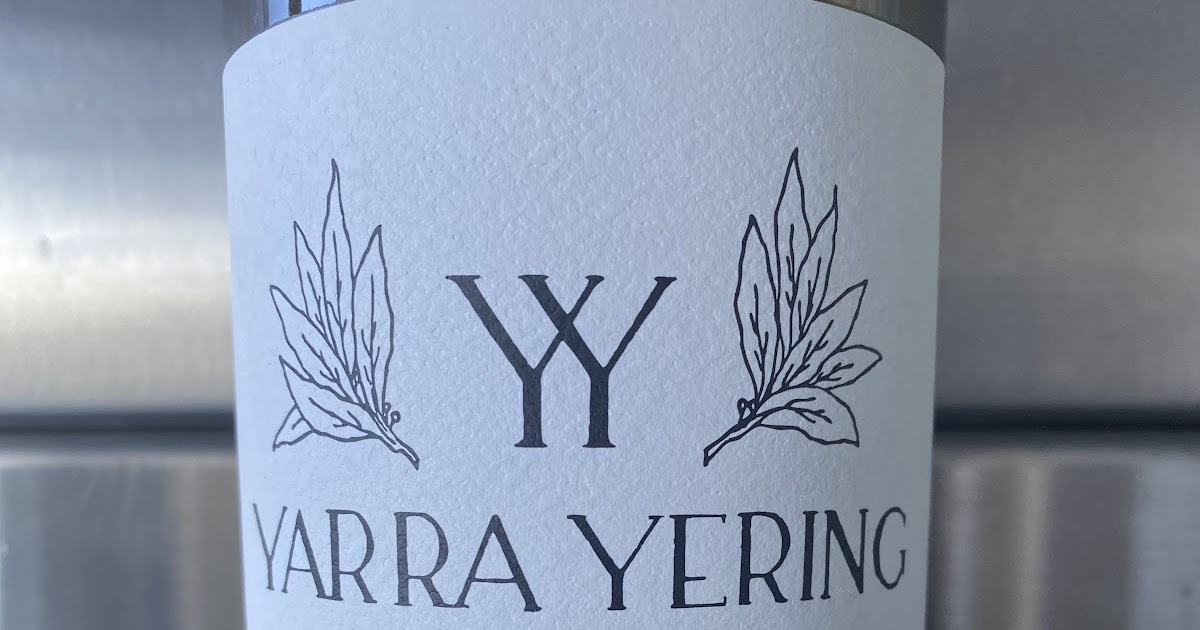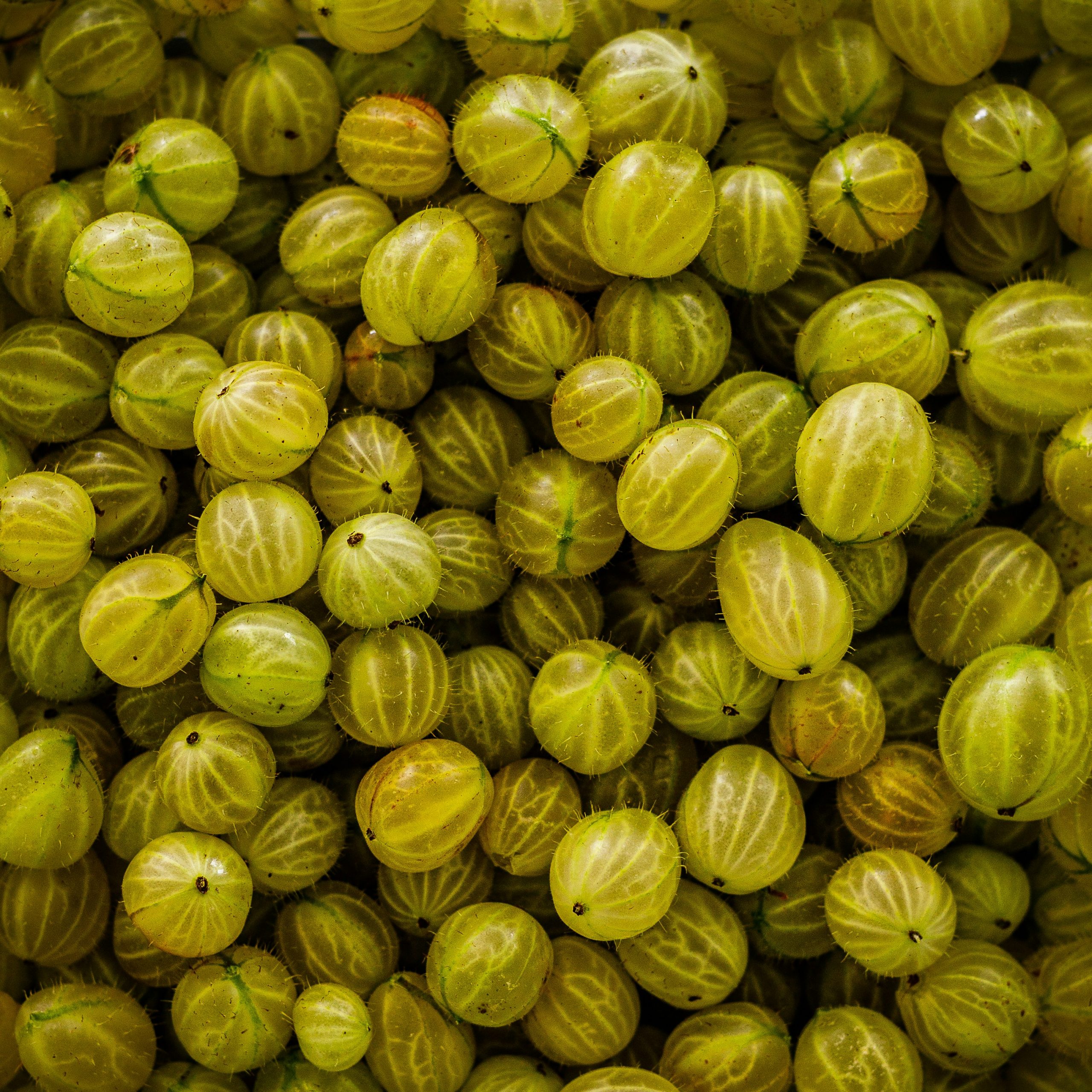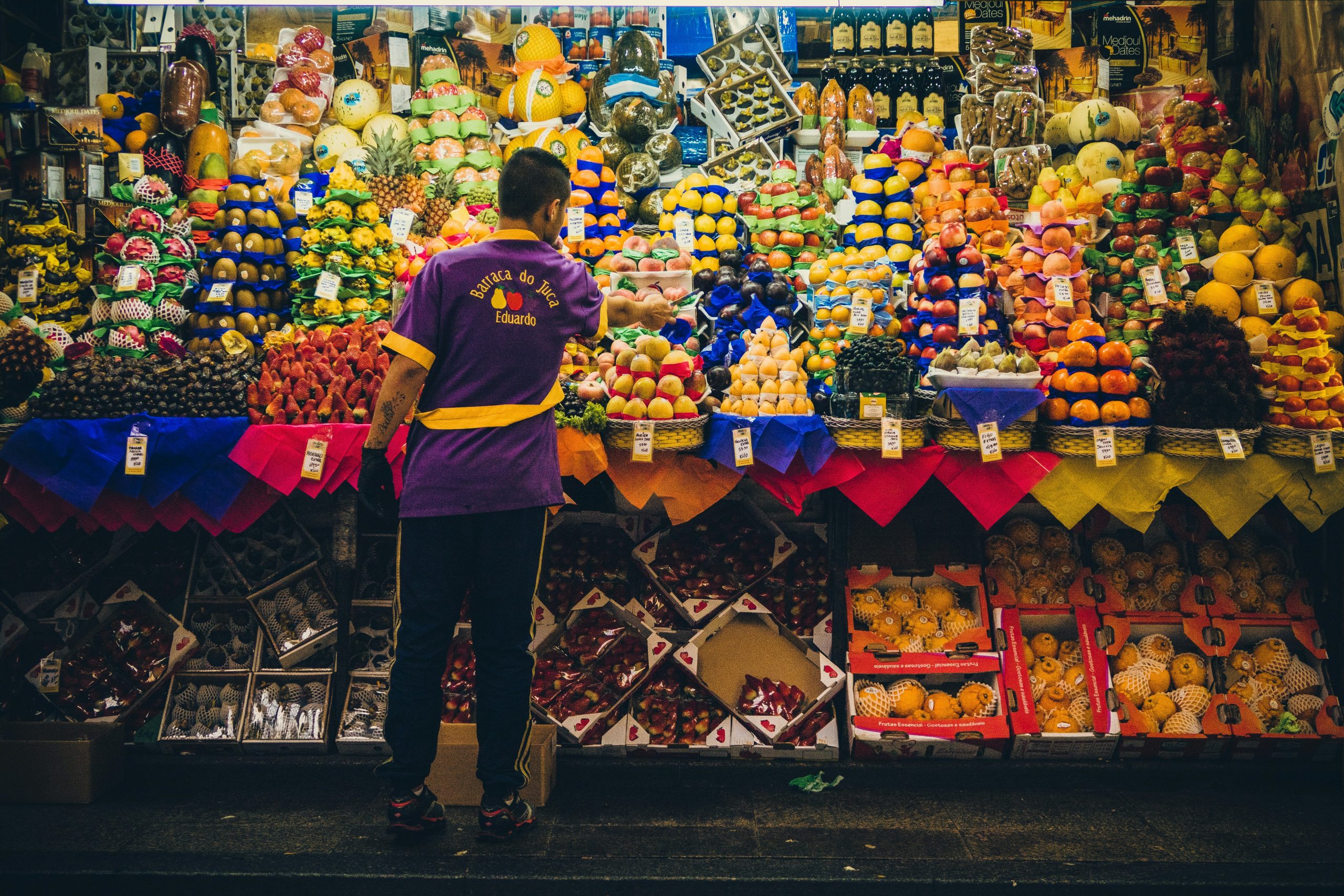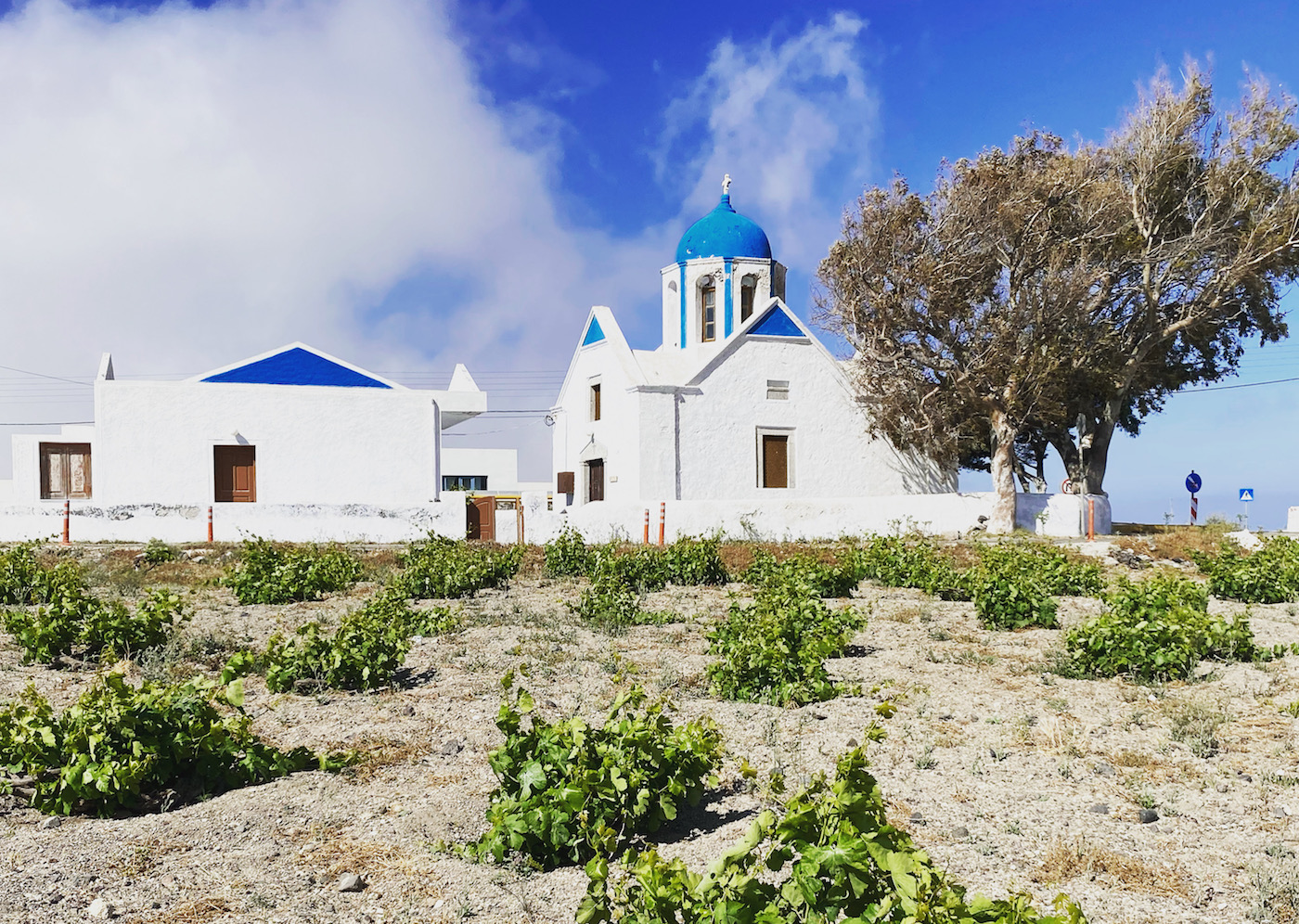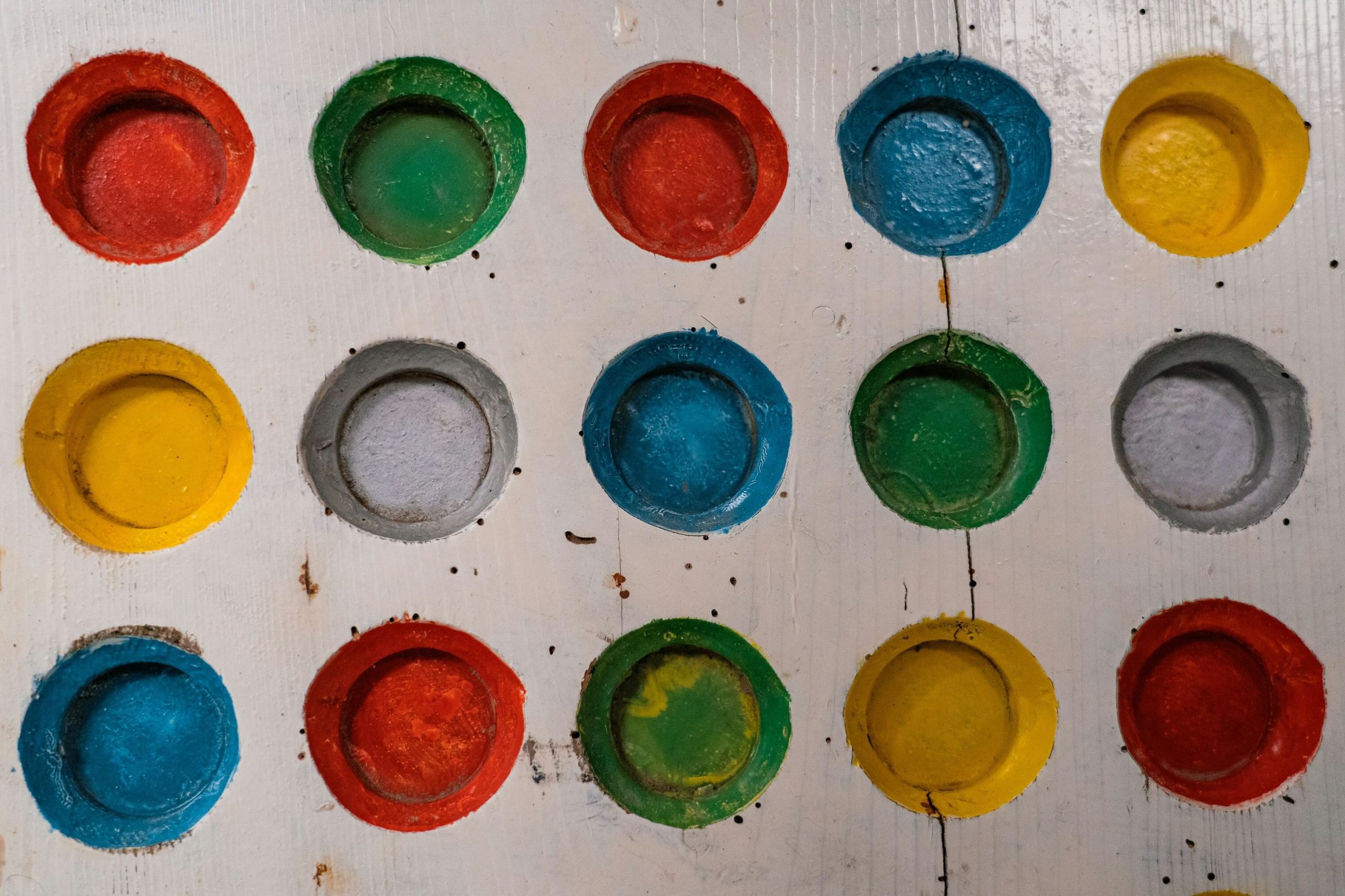What Have Wine Merchants Ever Done for Us?
Of course, I stole the title of this article from Monty Python. One reason I did so lies in its absurdity. After all, wine merchants in the UK have played a crucial role over centuries in making London one of the most important hubs of wine trading in the world. Their legacy is undeniable. But […]

Of course, I stole the title of this article from Monty Python. One reason I did so lies in its absurdity. After all, wine merchants in the UK have played a crucial role over centuries in making London one of the most important hubs of wine trading in the world. Their legacy is undeniable.
But here’s the grain of truth: their foundation risks collapsing from a lack of innovation.
In this two-year wine market downturn, blame for the lack of customers’ thirst for wine has been laid on everything and everyone. The usual suspects include younger generations drinking less, the economy, inflated release prices, rising interest rates, taxes, market oversupply, and even neo-prohibitionism … But what if the wine merchants themselves bear some of the responsibility?
Consider Jaguar, the carmaker. This may seem like a digression, but bear with me. Its recent rebranding campaign — complete with neon-bright visuals, moody Gen Z Martians, and depressing quotes like “live vivid” — sparked widespread ridicule. Jaguar discarded its iconic leaping cat logo and a century of heritage in a bid to appeal to younger consumers.
Bold? Perhaps.
Desperate? Definitely.
Which brings us back to wine merchants.
Both Jaguar and traditional wine merchants share a common issue: their once-loyal customer base — wealthy, white, middle-aged men — is shrinking. These customers already have more cars and wine than they need. The younger generation, who spend differently and drink less, might as well be aliens for all the industry seems to understand them.
For years, wine merchant s — like Jaguar — relied on their legacy instead of innovating.
Wine merchants were once indispensable. They imported wine, bottled it under their own labels, and offered a curated selection, built on trust and relationships with producers and buyers. Their role was steeped in tradition — golfing, cigars, fine dining, and plenty of drinking, of course. Access to the world’s finest wines often depended on who you knew and how much you spent.
But times have changed.
The younger, tech-savvy consumer prioritises convenience, transparency, and honesty. Most would prefer to avoid interacting with a salesperson altogether.
The truth is, today’s buyers still want much of what merchants offer. It’s not all doom and gloom — systems like in-bond sales and broad access to fine wines continue to hold value.
But the days of opaque allocation systems, insider privileges, and exclusivity are numbered. Sorry to be so blunt, but that’s quite true.
Where Merchants Have Fallen Short
A blatant example of their aversion to innovation is e-commerce, ignored by the wine industry until the pandemic forced its hand. Before then, many resisted the shift to online sales, arguing it was incompatible with wine’s traditional appeal. Then the world shut down, and suddenly, online platforms became essential.
Some merchants seized the opportunity to adapt. Most did so reluctantly, building clunky e-commerce sites and waiting for things to “go back to normal.” But normal never returned. Now, as the industry grapples with a downturn, it is clear that the old ways no longer suffice.
While I don’t believe that the decline in consumer demand is entirely the merchants’ fault — economic factors play a significant role — I do believe that wine merchants, like Jaguar, have failed to evolve alongside their ever-changing clients. When businesses lose touch with their customers by not keeping pace with their needs, they risk falling behind. And as Jaguar’s radical rebranding shows, catching up all at once is far more difficult — and often more costly — and requires bold, desperate measures.
This market dip has exposed these cracks.
Access to unique wines, historically a strength of the UK market, increasingly feels stale. The past decade has seen a surge of exciting producers from emerging regions, many of whom bring fresh ideas and diverse experiences. Yet UK merchants continue to treat Bordeaux En Primeur as their main event, even as inflated release prices erode customer interest. It’s not that Bordeaux should be forgotten — far from it. But consumers want to hear about the next great producer, the rockstars in the making. Some mid-sized merchants have filled this gap, but larger, more bureaucratic players remain stuck in the past.
Beyond their outdated focus on Bordeaux, merchants face criticism for sales practices that alienate clients, while, historically, relationships were a cornerstone of the business — built on trust, exclusivity, and mutual respect. Today, however, these relationships often feel more transactional than personal.
Take my first experience with a merchant: I was told I would only gain access to offers for top wines if I spent a significant amount of money. It felt less like an invitation and more like a threat. The opaque world of allocations, where access to the most sought-after bottles depends on vague spending thresholds and criteria, resembles a dystopian maze rather than a transparent service.
Then there’s the relentless barrage of emails. Once on a merchant’s mailing list, expect to be spammed — daily, if not more frequently. The sheer volume of recommendations gives the impression that clearing inventory is the priority. Instead of fostering loyalty, these practices erode trust, leaving buyers feeling like targets rather than valued partners.
A quick look at my inbox, highlights some very misleading claims. Phrases like “[Wine X] available at its original price” appear even when the wine has lost value since release. Critics’ scores are cherry-picked, leaving buyers without consistent benchmarks. Incessant vague promises of “investment-grade” wines, “DRC of …” or “best-ever” vintages… However, tools like Wine-Searcher now empower buyers to fact-check these claims. The result is an increasingly sceptical customer that no longer takes merchants’ promises at face value.
Merchants must understand that while wine lovers are passionate about buying, collecting, and drinking wine, their enthusiasm is tempered by the need for financial rationale. What might have worked in the past — opaque pricing, cherry-picked scores, and vague promises — no longer holds in a world where buyers have the tools and resources to conduct their own analysis.
Operational basics lag behind consumer expectations. Moving a bottle of wine between the same bonded warehouse in London takes three weeks and costs £11 — a delay and expense that feels absurd in the age of Amazon Prime. Merchants seem blind to the value of robust after-sales services, clinging to outdated notions that logistics are beneath them.
Innovate or Die
The wine industry’s value chain, stretching from producer to consumer, is undergoing a profound transformation. Buyers are increasingly empowered by independent information sources, such as Wine-Searcher (or In the mood for wine!), which provide price transparency and analysis and erode the traditional role of merchants as gatekeepers. Digital marketplaces now offer unprecedented visibility, allowing consumers to compare prices and make informed decisions with ease.
At the same time, portfolio management tools have emerged, enabling collectors to track their holdings, assess value, and even trade wines—all without the need for merchant expertise.
In this new world of self-directed investment, collection, and trading, the client is progressively empowered and the merchants are gradually impoverished.
The fine wine industry stands at a crossroads remarkably similar to the stock broking world in the late 1990s. The advent of online platforms revolutionised trading, empowering individual investors, lowering barriers to entry, and democratising access to financial markets.
Wine merchants face a clear choice: adapt or risk irrelevance. Innovation is no longer optional — it demands transparency, streamlined logistics, and value-added services that transcend mere transactions. Merchants must acknowledge that wine is both a passion and an asset, demanding expertise and efficiency in equal measure.
Not every merchant fits this picture. Some will dismiss this analysis as unwarranted criticism. But the undeniable truth is that the wine trade is undergoing a transformation, one that won’t leave the industry unscathed.
There will be losers, but there will be winners too.
Photo by GRAHAM MANSFIELD on Unsplash


